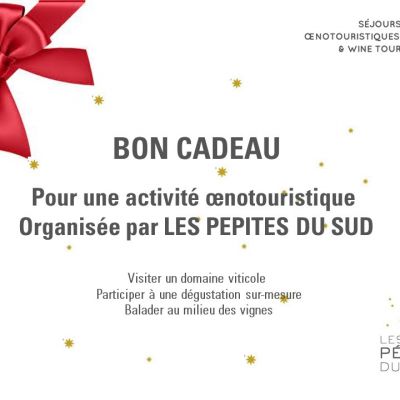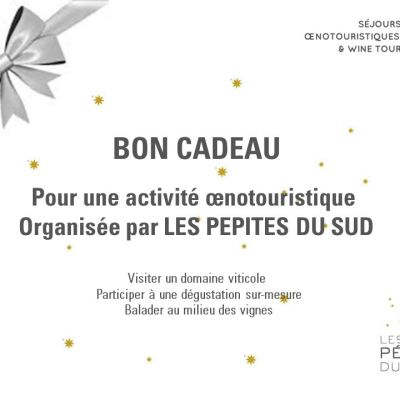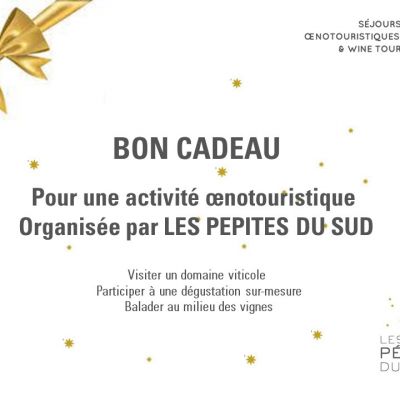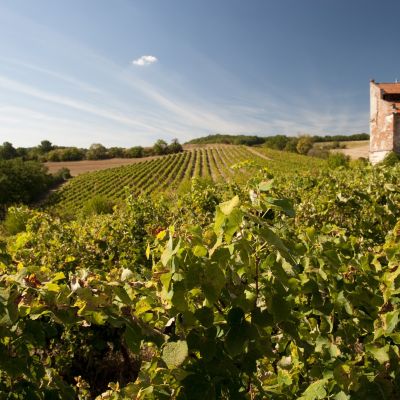Already in Roman times, Languedoc was a great vineyard which exported its wines throughout the Roman Empire.
The Musée de la Romanité in Nîmes retraces the epic of wine-growing history from these origins to the ancient period. A wonderful opportunity to understand the rich wine-growing past of this region.


Visit the Musée de la Romanité in a different way. This visit will take you through the museum around the history of wine through the ages, from the origins of wine, through its consumption during antiquity and its secrets. You will discover the story of Bacchus, mythical god of the vine and wine (but also of drunkenness and excess).
The visit will continue with a tasting of Roman wines from the Mas des Tourelles de Beaucaire. This estate has done experimental archaeological work to recreate wines from Roman times according to ancient recipes. These are wines with a unique and sometimes destabilizing taste for our contemporary palates.
A unique experience that provides the opportunity to immerse ourselves in this rich regional past.


Gift idea: OFFER a gift card worth €50 to your loved ones
An opportunity to discover a wine estate, a terroir, participate in a tailor-made tasting for a half-day activity


Gift idea: OFFER a gift card worth €150 to your loved ones
An opportunity to discover a wine estate, a terroir, participate in a tailor-made tasting, a daily wine tour


OFFER A 400€ GIFT CARD to your loved ones.
We will organize a weekend stay on the vineyard for the person of yours among the offer of PEPITES DU SUD.
Meeting with the winegrowers, wine tourism activities, accommodation on the vineyard, selection of restaurants for the quality of their table and their wine list.


Galus is the Latin word for cock and is thought to have given Gaillac its name. The second hypothesis would be its ancient Gallo-Roman name Galhac, meaning fertile. Secret and majestic, fragile and powerful, authentic and contemporary, this land cultivates nuances... and loves to share them with visitors. Epicurean souls will feel the charm of a holiday in this "little Tuscany" of the Tarn, where you let yourself be carried away by the senses. A sunset over the rolling vineyards, a glass of Gaillac wine and... time stands still. You'll feel great!
The winegrowers of Gaillac have worked hard to rediscover the historic grape varieties of the appellation. Discover Braucol, Loin de l'Oeil, Duras and Mauzac, grape varieties that deserve to be tasted.